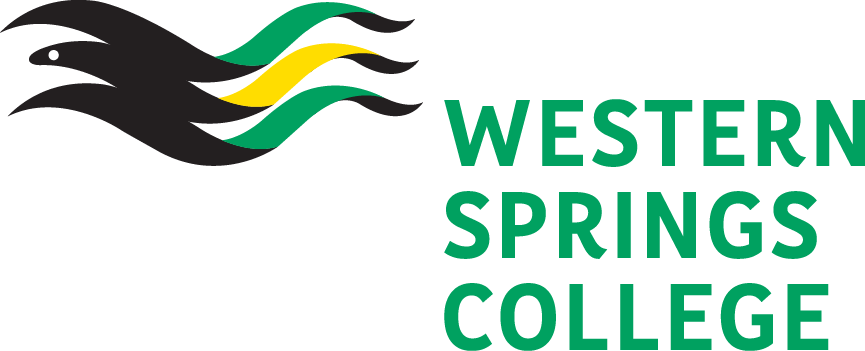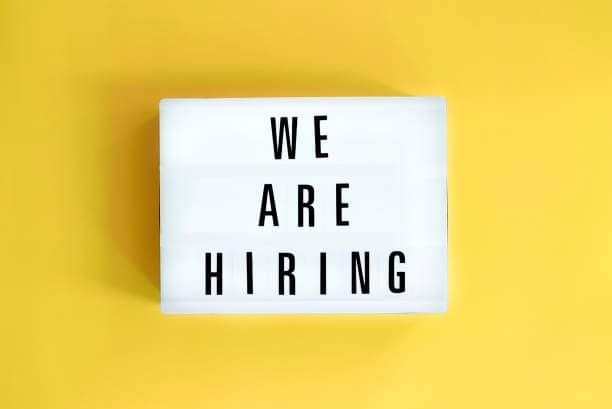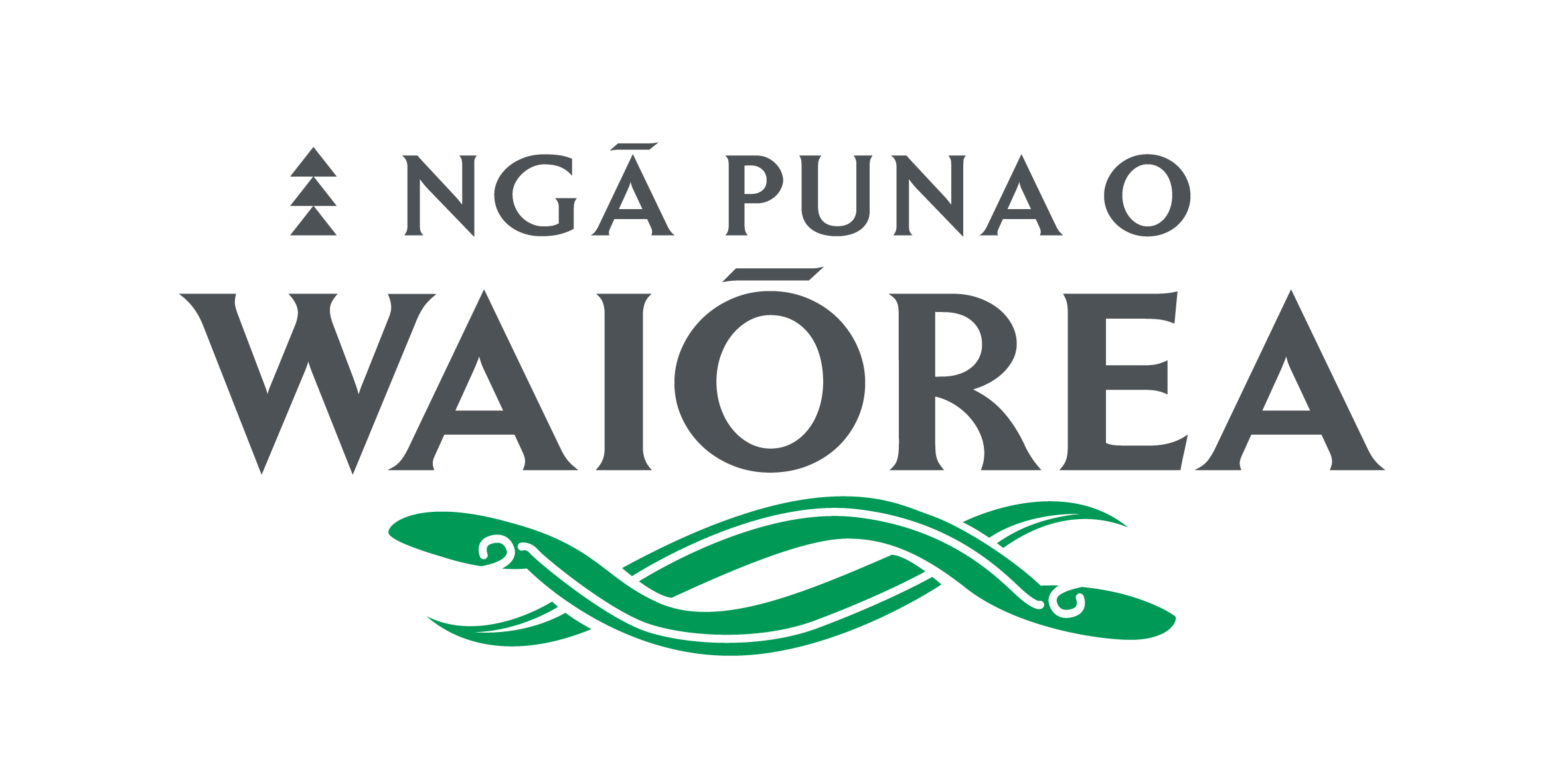** APPLICATIONS NOW CLOSED ** [updated 12 Feb 2026, 4pm] We are seeking a part-time…
When schools are closed…what matters and what does not:
Does it matter that students are not in a physical place called school? Professor John Hattie (of Visible Learning and e-asTTle fame) believes, and he has the research to back it up, that there is little reason, for instance, to believe that the length of the school year (impacted as it is by this Covid pandemic) has much effect at all.
He uses the example of Australia – they run one of the longest school days and years in the world. Take 1 term of 10 weeks out, and their school year is still longer than Finland, Sweden, Estonia and Sth Korea, all who outscore Oz in PISA testing! (PISA is the Programme for International Student Assessment – a worldwide study testing the knowledge of 15 year olds run by the OECD, a group of 36 nations that New Zealand has participated in since 1973)
Hattie looks at the loss of time in school after the Christchurch earthquakes and notes that the performance of students went up, and as schools resumed scores settled back down.
WHY?/HOW CAN THIS BE SO?
Because it is believed that teachers tailored learning more to what students could NOT do, whereas school is often about what teachers think students need, even if students can already do the tasks.
So, the messages I’m sending to students, parents and teachers are:
- Do not panic if our kids miss 10 or so weeks of ‘school’.
- Worry more about subjects in which you have the least skill and about subjects and tasks where parents make kids skill and drill and lose the thrill (esp. Maths).
- Make sure to provide opportunities to learn what students do not know and do not engage them in busy work.
- It’s not the time in ‘class’, but what we do with the time we have that really matters.
- Parental ‘surveillance’ too often equals decreased impact of learning at home.
Parents, encourage the use of technology for students to work, share, interact and learn together. Social media can be a powerful tool here (and who would believe I would have said that a month ago!). Students are more likely to talk about what they do NOT know here, rather than directly to the teacher.
Parents, I see your role as creating routines for learning and allowing your children to not know stuff. NOT KNOWING is a sign of readiness and excitement TO learn.
KEY TAKEAWAYS (….and sorry to use that word as we are not at Level 3 just yet!)
- Optimise social interaction aspects – “we do not want to be talked at, but learn with.”
- Check for understanding (listen to the feedback from your children about their learning).
- Make sure there is a balance between knowledge and deep thinking.
…..and the bottom line:
Try to understand what it means to be a learner online. When the usual peer interactions are often not as present, there is too often an over emphasis on content and repetition.
Ivan Davis
with special thanks to Professor John Hattie
April 7th 2020


